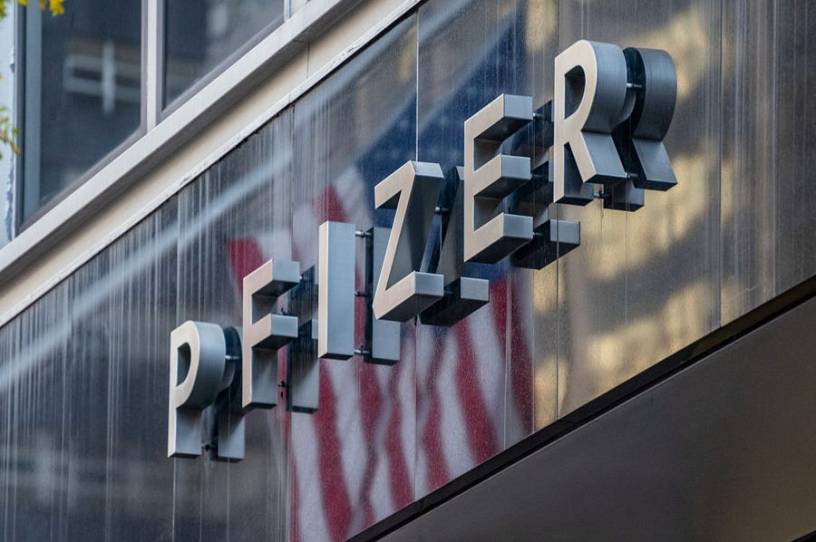Fact Check: Explaining the Six Deaths Recorded During Pfizer/BioNTech’s Phase III Trial

A recent briefing from the FDA about the Pfizer/BioNTech coronavirus vaccine caused some confusion online, with some social media users presenting its findings about deaths in the study out of context, giving the impression that the vaccine resulted in the death of six trial participants. Here’s what we know from the report:
Six deaths did occur during the vaccine’s Phase III trial, but most of them occurred in the group that received the placebo. There were two deaths in the vaccinated group, one of which was caused by pre-existing arteriosclerosis while the other was caused by cardiac arrest, which occurred 60 days after receiving the vaccine. Of the four deaths in the placebo group, one was caused by hemorrhagic stroke and one was caused by myocardial infarction. The cause of death for the other two is unknown. These six deaths represented 0.01 percent of the 43,448 trial participants, and the briefing notes that “All deaths represent events that occur in the general population of the age groups where they occurred, at a similar rate.”
The briefing report does not suggest that the deaths are connected to the vaccine in any way, and only 0.6 percent and 0.5 percent of the vaccine group and the placebo group reported serious adverse events, respectively. A serious adverse event is any serious medical event that occurs during the study, and such events are not necessarily related to or caused by the vaccine.
Two examples of unrelated serious adverse events were given: In one a participant fractured a bone in her face. In the other, eight participants who received the vaccine and four who received the placebo reported having appendicitis afterward. Study investigators concluded that these occurrences were not caused by the vaccine and occurred at the same rate as would be expected of the general population. Of the serious adverse events reported, the FDA concluded two were possibly related to the vaccine: shoulder injury “possibly related to vaccine administration or to the vaccine itself” and lymphadenopathy, or swollen lymph nodes.
Of non-serious adverse effects reported, the briefing noted that Bell’s palsy, which causes weakness or paralysis of facial muscles, was reported by four vaccine recipients but no placebo recipients. This does not exceed the rate at which Bell’s palsy occurs in the general population, making it unclear if the events are tied to the vaccine, but the FDA “recommend[ed] surveillance for cases of Bell’s palsy with deployment of the vaccine into larger populations.” Most adverse events related to the vaccination were minimal, with the most common one being injection site pain.
The FDA briefing did not find that the Pfizer coronavirus vaccine caused death in some participants, nor that it was unsafe in any significant ways.
If you have a claim you would like to see us fact check, please send us an email at factcheck@thedispatch.com. If you would like to suggest a correction to this piece or any other Dispatch article, please email corrections@thedispatch.com.